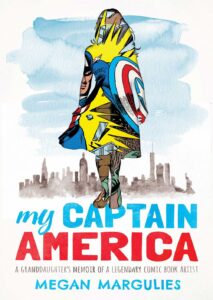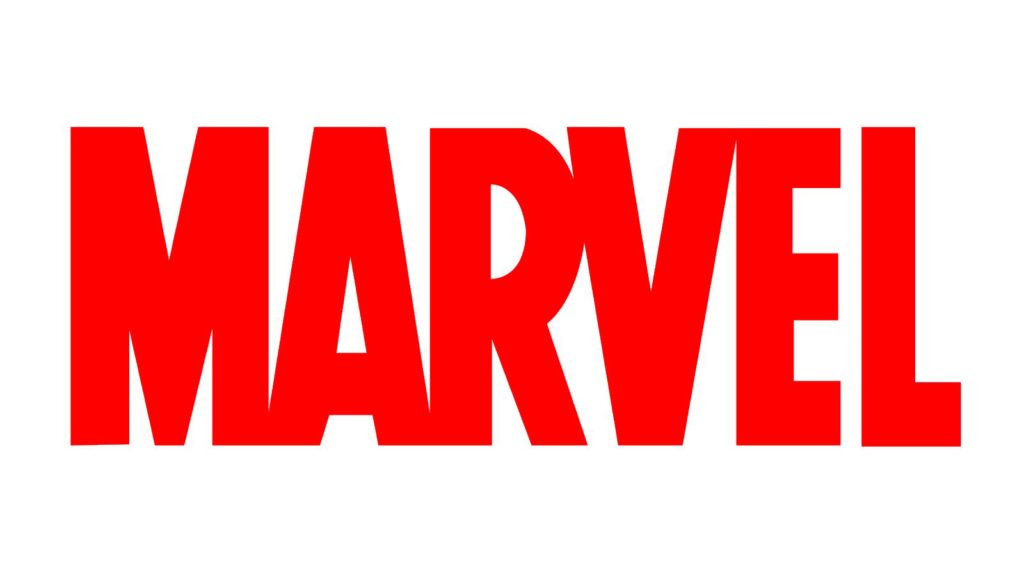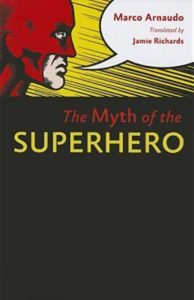Captain America’s not-so-humble premier was a deliberate propaganda piece for American youth in 1941. With the iconic super-punch to Hitler’s face on the cover of Captain America Comics #1, superheroes became patriots. Nationalism’s partnership with super-heroism still thrives today. With the slate of Marvel films to include Captain America: Civil War in 2016, film audiences can expect to take sides in the battle between Iron Man and Captain America over the limits of patriotism, freedom, and the great responsibility that great powers entail. This would appear to be the inevitable outcome when we imbue superheroes with our conflicting and imperfect moral ideals.
In a November 28th New York Times profile piece, Danny Hakim framed the recent comic creations of Suleiman Bakhit as explicit entries into a similar and ongoing propaganda war against Islamic State recruitment. Bakhit’s TEDtalk on “Superheroes Against Extremism” argued that this is a war over narratives about Islam, identity, hope, and justice. Superheroes must play their part. So where is the ‘Captain America’ for Muslim children that promotes tolerance? “Where,” as he was asked by children in Syria, “is the Arabic Barbie and Superman?” His comics are meant to be answers to these questions. Watch his TEDtalk for yourself:
As he explains, his first attempt, Saladin 2100, met fierce opposition from censors in the Jordanian government who called his comic “too dangerous.” A second attempt, Hero Factor, seems ready to navigate the political waters with more nuance. Following in Captain America’s footsteps, Bakhit hopes his superheroes can be a way to oppose extremism. Persuasive stories will be the key to the development of morals and identities that reject narratives used by extremists to recruit members. Following the work of James Gilligan, a psychiatrist that argued that unhealthy shame is the root of all violence, Bakhit proposes that comics are the “best technology we have to cultivate heroic imagination.” It is this imagination, rooted in our common humanity and search for meaning, that can provide healthy responses to shame that generate love, compassion, tolerance, and true heroism.
Keep your eyes peeled for his comics as they make the (slow) transition into English. In the meanwhile, read more about Bakhit and his efforts here from Wired (UK), Forbes, and this TED blog interview. Or follow him on Twitter @suleimanbakhit.
 Earlier this month, Jewish Boston sat down with Newton’s Megan Margulies to discuss the legacy of her grandfather Joe Simon (born Hymie Simon) , co-creator of Captain America. Her new memoir, My Captain America: A Granddaughter’s Memoir of a Legendary Comic Book Artist, examines how her grandfather-artist was both “supremely proud of being Jewish” while simultaneously “not very religious.”
Earlier this month, Jewish Boston sat down with Newton’s Megan Margulies to discuss the legacy of her grandfather Joe Simon (born Hymie Simon) , co-creator of Captain America. Her new memoir, My Captain America: A Granddaughter’s Memoir of a Legendary Comic Book Artist, examines how her grandfather-artist was both “supremely proud of being Jewish” while simultaneously “not very religious.”
 Marco Arnaudo, The Myth of the Superhero, Trans. from Italian by Jamie Richards [Il fumetto supereroico: Mito, etica e strategie narrative, 2010], Baltimore: The Johns Hopkins U.P., 2013, 206p. [July7]
Marco Arnaudo, The Myth of the Superhero, Trans. from Italian by Jamie Richards [Il fumetto supereroico: Mito, etica e strategie narrative, 2010], Baltimore: The Johns Hopkins U.P., 2013, 206p. [July7]
